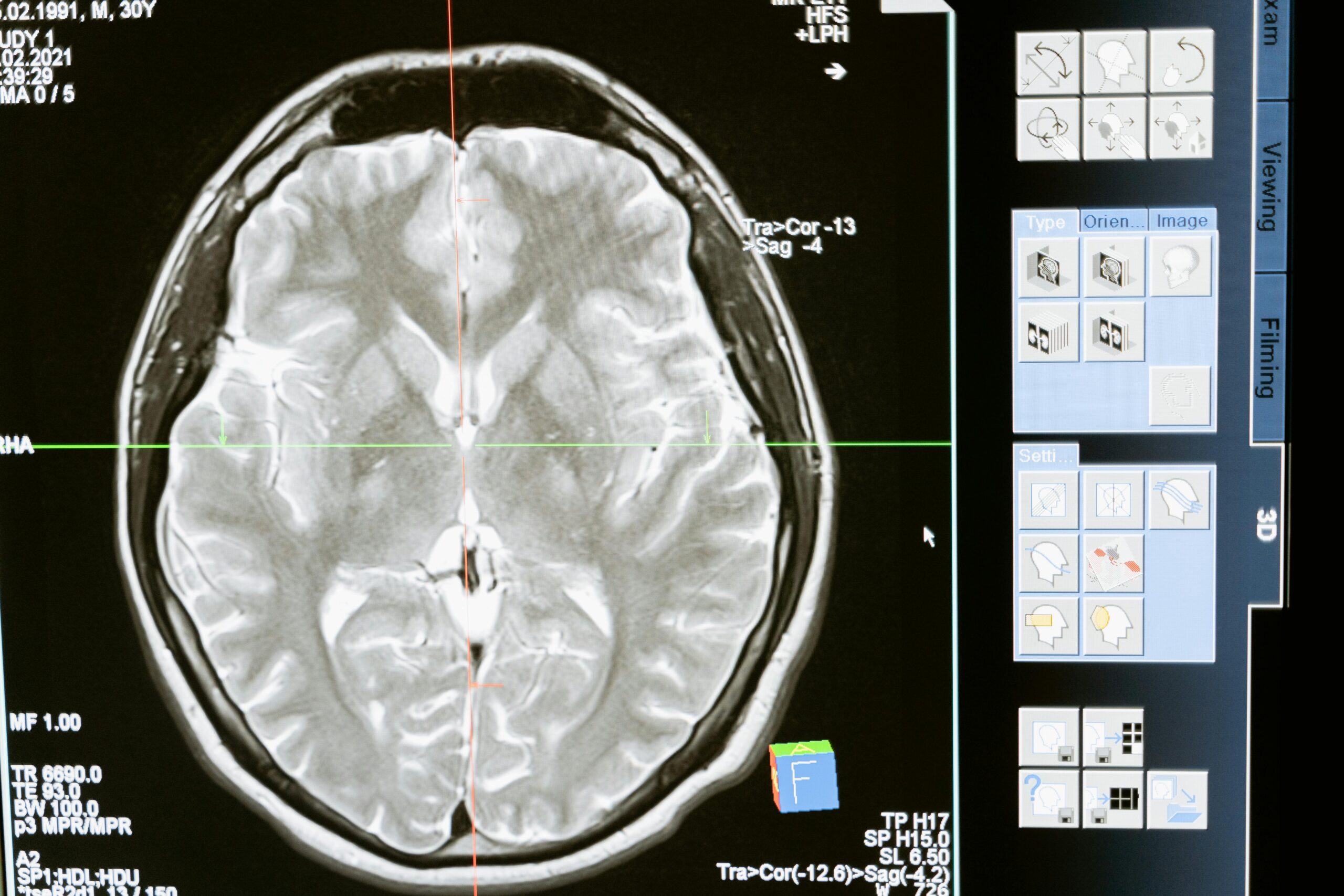What is TB Meningitis?
TB meningitis is an infection of the membranes covering the brain caused by Mycobacterium tuberculosis. The disease often begins gradually and can worsen over time.
You can ask your own question to a licensed healthcare provider here for free. It may take up to 7 days to get an answer. If you want a consultation in minutes, book now with Hope+ our premium and best health consultation service in Uganda.
Symptoms
Early symptoms include:
- Fatigue
- Fever
- Vomiting
- Weight loss
- Irritability
- Headache
As the illness progresses, patients may develop:
- Confusion
- Focal neurological problems (specific areas of the brain affected)
- Signs of meningeal irritation (stiff neck and sensitivity)
- Coma in severe cases
Diagnosis
Diagnosis involves testing the cerebrospinal fluid (CSF), which usually shows:
- Raised protein levels
- Increased lymphocytes (a type of white blood cell)
Doctors also search for signs of active tuberculosis elsewhere in the body.
Management and Treatment
Patients must be referred immediately to hospital for specialised care. TB meningitis treatment follows the same protocol as pulmonary tuberculosis but requires a longer continuation phase:
- Intensive phase: 2 months of Rifampicin, Isoniazid, Pyrazinamide, and Ethambutol (2RHZE)
- Continuation phase: 10 months of Rifampicin and Isoniazid (10RH)


